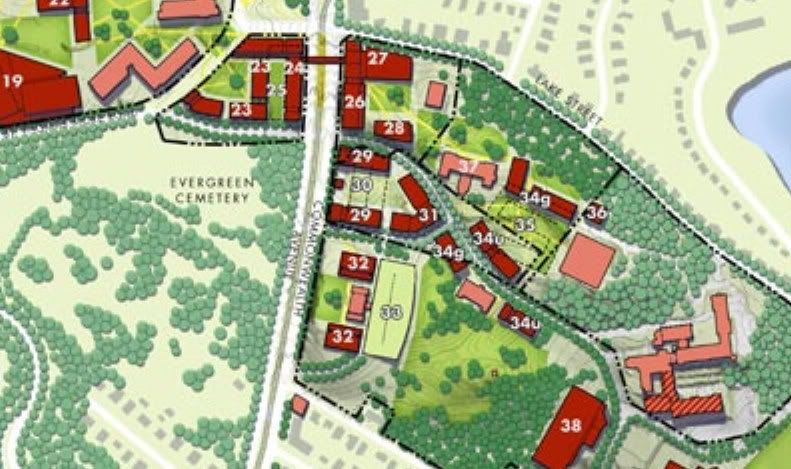Equilibria
Senior Member
- Joined
- May 6, 2007
- Messages
- 7,083
- Reaction score
- 8,310
Re: Boston College Master Plan debut
It continues to amaze me how bull-headed these neighbors are in insisting that every single one of their needs be met (referring to the most recent letter). Every time BC proposes an alternative or compromise, it's simple a tactic to "pit neighbor against neighbor and get everything they want." No, it isn't. Were it a tactic to get everything they want, they wouldn't be offering to compromise with you.
What BC wants, like any organization attempting to reach out to community organizations, is feedback on their current plans which can help inform their future decisions to help, rather than hurt the surrounding communities. In addition, they are attempting to maintain the same quality of life (and this includes the density of the campus) that other schools maintain.
My own alma-mater (not in Boston) currently has no ability to house 100% of students on campus. Most schools in urban areas don't. To my knowledge (please correct me if I'm mistaken), few schools in Boston do. BC is not in all that different a situation than BU, Tufts, Northeastern, etc. when it comes to surroundings, and the standard for urban schools in America is that a number of students live in apartments. In Europe, my understanding is that almost no one lives in dorms at all.
BC has taken quite a generous step in declaring its intention to meet a standard few others have to meet, and the response seems to be "let's see how much else we can get." Not only can students not live among us, but they can't live near us, down the street, or around the corner. This school is not new, these people knew it was here when they moved in. If they can't stand living around people who keep different hours than they do, then they live in the wrong place.
It continues to amaze me how bull-headed these neighbors are in insisting that every single one of their needs be met (referring to the most recent letter). Every time BC proposes an alternative or compromise, it's simple a tactic to "pit neighbor against neighbor and get everything they want." No, it isn't. Were it a tactic to get everything they want, they wouldn't be offering to compromise with you.
What BC wants, like any organization attempting to reach out to community organizations, is feedback on their current plans which can help inform their future decisions to help, rather than hurt the surrounding communities. In addition, they are attempting to maintain the same quality of life (and this includes the density of the campus) that other schools maintain.
My own alma-mater (not in Boston) currently has no ability to house 100% of students on campus. Most schools in urban areas don't. To my knowledge (please correct me if I'm mistaken), few schools in Boston do. BC is not in all that different a situation than BU, Tufts, Northeastern, etc. when it comes to surroundings, and the standard for urban schools in America is that a number of students live in apartments. In Europe, my understanding is that almost no one lives in dorms at all.
BC has taken quite a generous step in declaring its intention to meet a standard few others have to meet, and the response seems to be "let's see how much else we can get." Not only can students not live among us, but they can't live near us, down the street, or around the corner. This school is not new, these people knew it was here when they moved in. If they can't stand living around people who keep different hours than they do, then they live in the wrong place.

